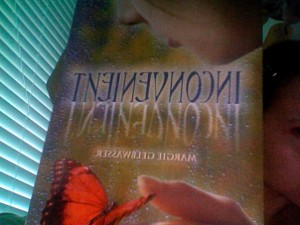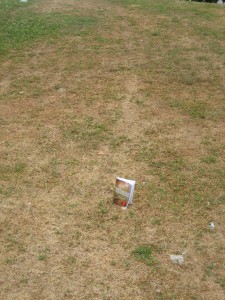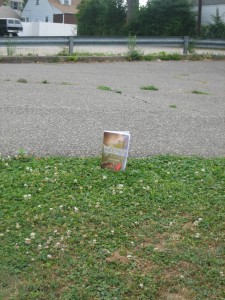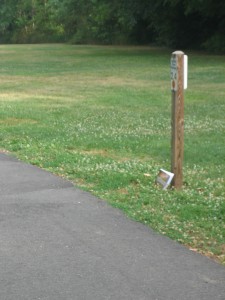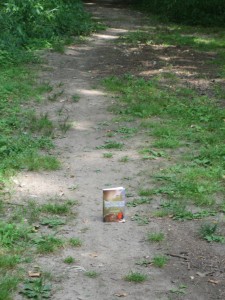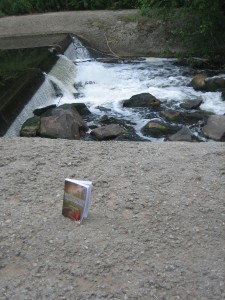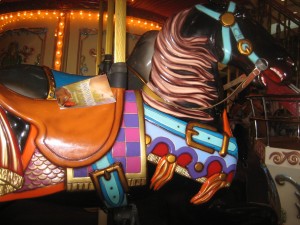Last week’s Teen Author Festival went far beyond my expectations. It felt amazing to be on a panel with talented authors Sarah Darer Littman, Maryrose Wood, and Arlaina Tibensky and have such enthusiastic students welcome us. The debut author panel with Arlaina, Jocelyn Davies, Christopher Grant, Anne Heltzel, and Kimberly Marcus the following day, where we spoke to our peers as well, was surreal. Seriously, so much talent was just inspiring. And the support of other debut authors as well as much more established writers was so meaningful. I have worked in other fields and cannot say that co-workers welcome newbies in the same way.
And then came this week. Where it’s back to reality of revisions and looking at rankings and wanting more. We authors are hard to please, you know. I have often said, “Geez, what is it like to be….normal? To just be content.” I guess I’ll keep wondering. 🙂 Last week, I read a terrific post by Mandy Hubbard about writers never being satisfied. Check it out here. It explains a lot. And I just want to add something else that can help all us fragile writers just a little bit. Thing is, a lot of the writing community is so supportive and knows what questions not to ask, so I thought I’d create a do/don’t list for friends and family of writers. Please, print it out and refer to it when you get the urge to talk to us about our careers. Thanks!
1. After a signing, please DON’T ask, “So did you sell any books?” or any variation on that question.
DO say: “How did it go?”
Yeah, yeah, it’s kind of the same thing, but to the second one, I can just answer “Fine.” Because, sometimes, I may not sell that many books but I make meaningful contacts and that could lead to something good. Or, I may not sell many books, and don’t really want to go into details. AND, if I do sell lots of books, you won’t even have to ask me. I’ll be telling you all about it myself.
2. I made it a point, not to ask friends and family if they liked my book. Everyone has different tastes; some books are just not your thing. It’s OK. Really. And I don’t want to make anyone uncomfortable. But, on the same taken, if you didn’t like it, can you not seek me out to tell me? Reviewers critique my stuff, my writing group critiques my work. As I said, I PROMISE, I won’t ask what you thought. So DON’T say, “I really liked this one line. It was so insightful. But I wish there was more of that throughout. I know you’re just starting out, though and learning, so maybe you can focus on doing that more in your next book.”
DO say, “I really liked this one line.” Then please stop talking. And, if you didn’t like the book, that’s OK too. But, really, what will critiquing it at this point do for me?
3. If you’re a good friend or family member, of course I’d love for you to buy the book. Of course, you don’t have to. You can be saving the $9.95 for your latte supply or an imitation Prada bag. Or waiting until Borders discounts my book to 50% off. It’s all good. BUT DON’T say each time you see me, “I really need to get out and buy your book.” They’re not selling out, girl. Go get one. If you’re in my house and there’s a crate of them, DON’T say, “I really need to buy that eventually.” The time is now. The crate is taking up space in my living room. Just like I won’t ask if you’ve read the book, I will never make you feel like you need to buy one. So, if you don’t want to buy the book, just don’t and we can talk about tons of other things, like the newest Glee or Degrassi.
4. If you/your daughter/son/grandma is a writer too and are waiting to get published, DON’T say, “Do you think it was easier to get published because you write YA?” or “But it’s YA so….” I’ll tell you this. The first novel I wrote was aimed at adults and didn’t get published. BUT it didn’t get published not because it was for adults but because the story had MAJOR flaws. Had INCONVENIENT had the same issues, it would not have been published. If you think writing YA will get you published, go for it. Wait, what? You don’t know how to write YA? I guess it’s not so easy then, right?
How about you DO say, “Congratulations. That’s great. You must have worked hard.”
5. Piggybacking off number 4, if you/your aunt/your grandpa/your cousin is trying to get published and you want me to read something or have industry questions, I’m always happy to help. But, can you ask how I am once in a while? Can you send me some e-mails that just say hello? If I told you about stuff going on with me, before you launch into another 2 page e-mail, can you write me one asking if all the stuff got worked out? Seriously, people, just common courtesy.
6. Now, if you’re like my mom, you might say, “Fine, I just won’t ask anything then.” (Love you, Mom!!) But don’t do that. We’re all doing the best we can and sorry that our fragile egos get in the way. If you feel compelled to say SOMETHING, here are a few things that are always good:
I’m proud of you.
So great you’re pursuing your dream.
I saw your book in a store window. Here’s the picture I took.
I recommended your book to a friend.
Congratulations.
